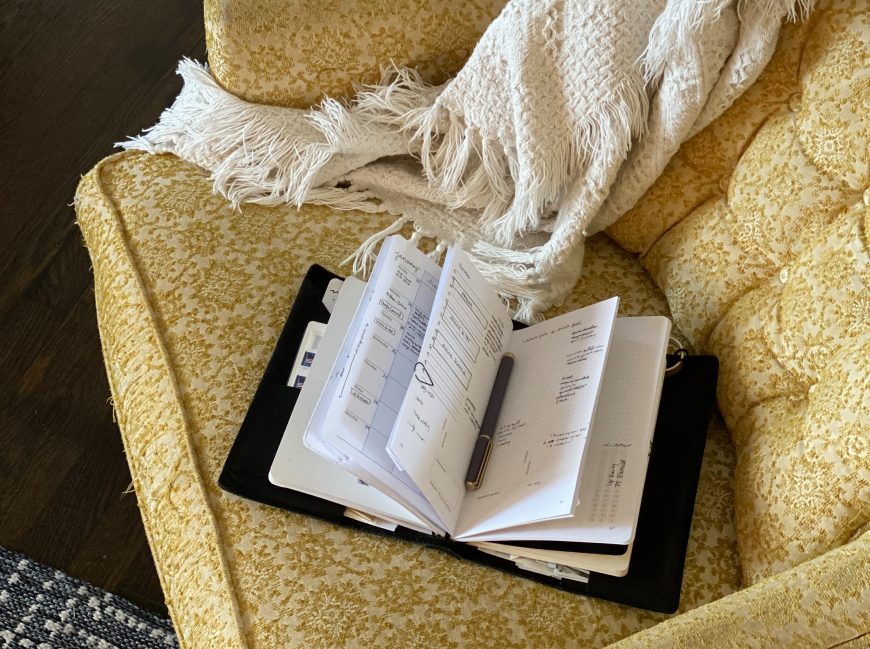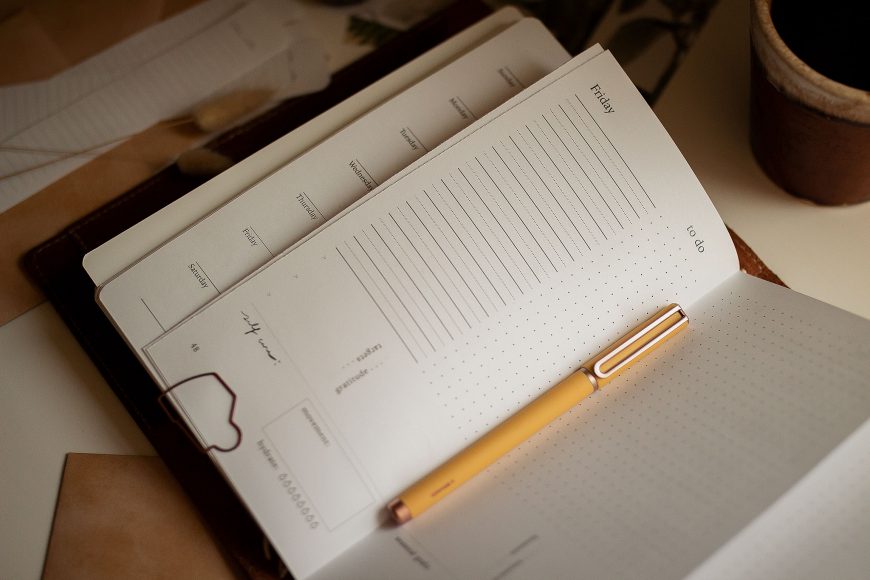the Blog

My Favorite Time-Management Hack for Managing the Mundane as a Creative
The Pomodoro Method
Tonight, I (Shelby) am using what’s called The Pomodoro Method—but with my own twist (which I’ll get to in a minute).
The method was developed by a university student who had a kitchen timer shaped like a tomato (pomodoro means tomato in Italian). With his original time-management technique, you use a kitchen timer to discipline yourself to short, focused bursts of work, with short breaks in between.

The Brain That Organizes Itself
Several years ago I read a book titled The House that Cleans Itself by Mindy Starns Clark. The topic of the book was home organization, but the author took an approach that was entirely new to me. The gist of it was this: instead of spending so much time cleaning up your house as is, take the time to set up your home in a way that it will clean itself.
She recommended you take time to really evaluate your home, including taking pictures to give yourself a new perspective, keeping an eye out for messy spots in the home, and to get really, really specific about the types of things you were always cleaning (be it toy blocks, laundry, shoes, school bags, etc.). Once you knew what was causing most of the cleaning issues, you could brainstorm extremely specific solutions for those issues.

How to Build a Morning & Evening Rhythm - Podcast Episode 12
Effective yet flexible rhythms are one of the key building blocks in a sustainable and intentional lifestyle. But trying to copy a guru’s routine, whether for work or home life, quickly becomes overwhelming. There are dozens of “best practices” out there, so where do you start? How do you decide what you need in your personal rhythms?
Create a rhythm for your unique lifestyle
In this episode of the podcast, you'll get long look into how each of us approaches our morning and evening rhythms. Although we all have similar values—and we're even in similar stages of life—each of our rhythms look different.
Here's the thing about rhythms: they have to be crafted for your lifestyle, congruent with your season of life, and based on what you and your family value. I remember listening to a podcast years ago that said that "'should' is not a sustainable why." This idea holds true for rhythms. Feeling like you "should" get up before the kids, will not be a strong enough "why" when your alarm goes off at 6am. But if you begin to know in your core—because you've taken the time to reflect on your personal experience—that getting up before the kids sets you up for a better, more peaceful morning, this core knowing can easily become a very strong "why."

How To Do Lists Hinder Your Productivity - Podcast Episode 10
We know the to-do list cycle all too well.
You have a hundred things rattling around in your brain, so you write out a massive list out on a piece of paper, and then jump into frenzied action.
But you feel like you're spinning your wheels, like you are working all the time, and still have so much to-do and can't get ahead of the to-do list that grows faster than you can manage.
The Problem with To-Do Lists
To-do lists tend to fragment your focus. Alone, they can never be the time-management strategy you need to organize your tasks within the context of your week. To-do lists encourage you to take action, but it is most often un-prioritized action, meaning you will never make progress on the things that actually matter most to you.

Time-Blocking: Your Framework for Productivity
One of the most essential features in our Classic booklets is the time-blocking section on the day spread.
When researching how to increase productivity — especially when needing to balance multiple roles in one day — there was one practical skill that came up again and again: time-blocking.
It’s highly recommended by productivity experts, and after using it in our own lives, we get why. When you make space to get realistic about your time availability, set up habits and rhythms, thoughtfully organize your tasks, apply prioritization and batching methods, and pad everything with ample margin—your productivity will increase.

How to Use a Planner When You Don’t Know How to Plan
Do you want to start using a planner to make sense of your time management, but you feel intimidated by the actual process of planning? Or perhaps you were an organizational rockstar at one point, but it feels like your wherewithal has flown the coop?
You’re not alone.
Most women have (or currently do) struggle with those same feelings. Even the ladies at Team Evergreen are intimately acquainted with them!


